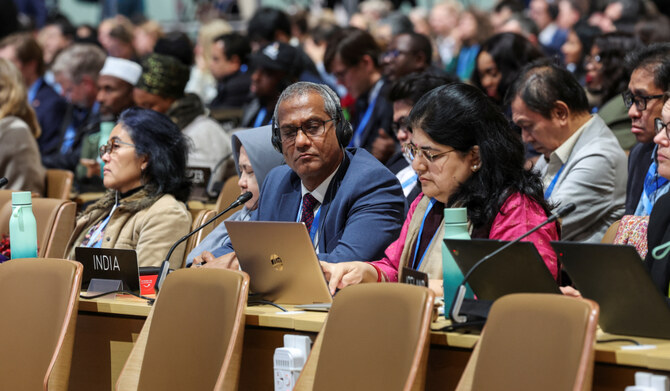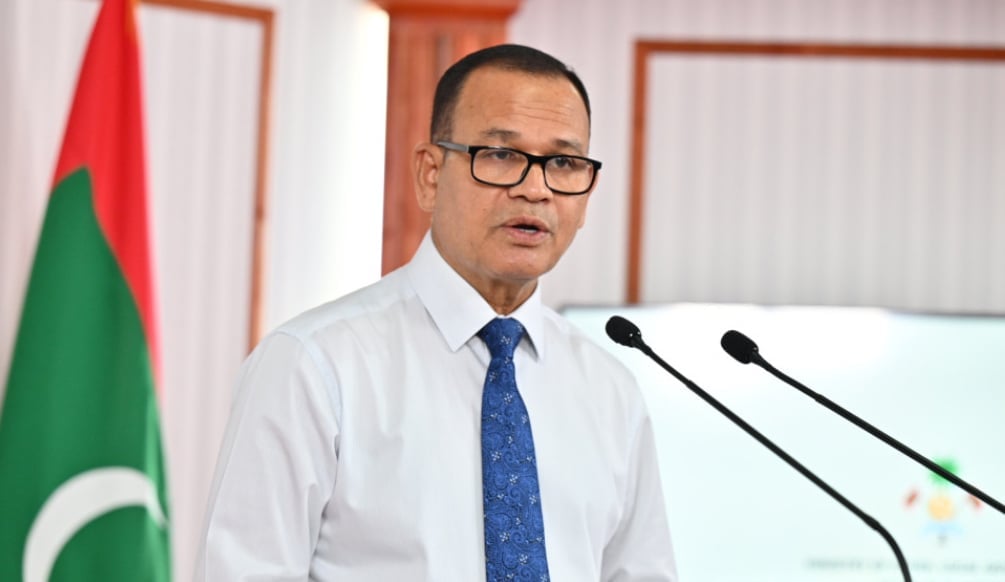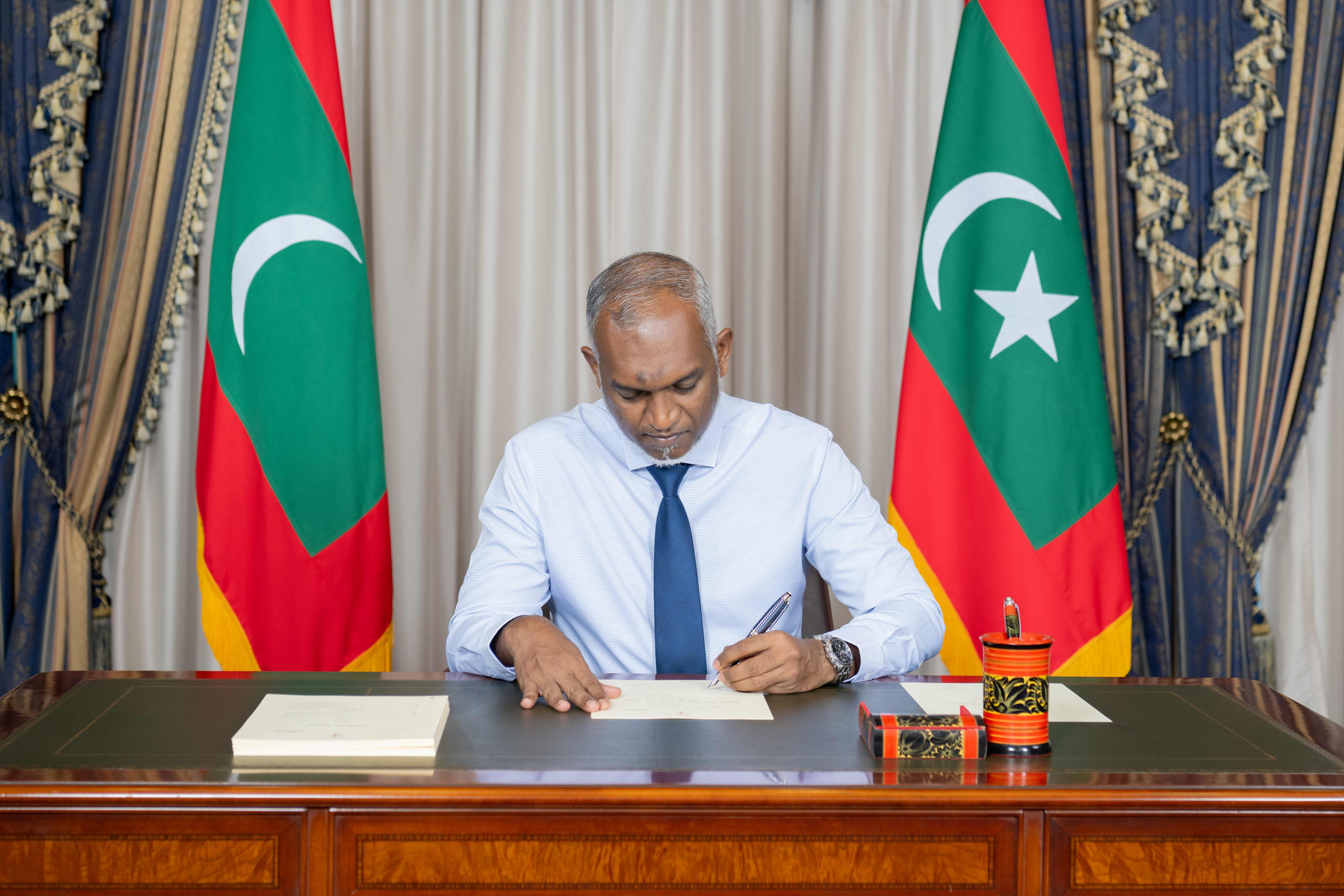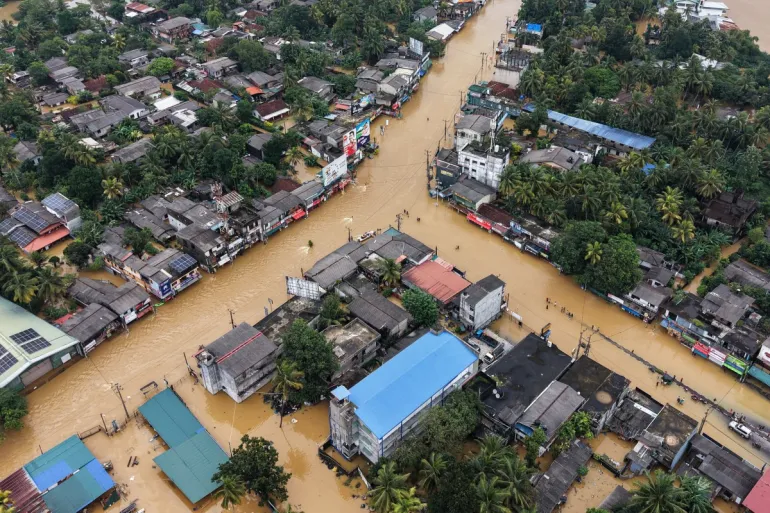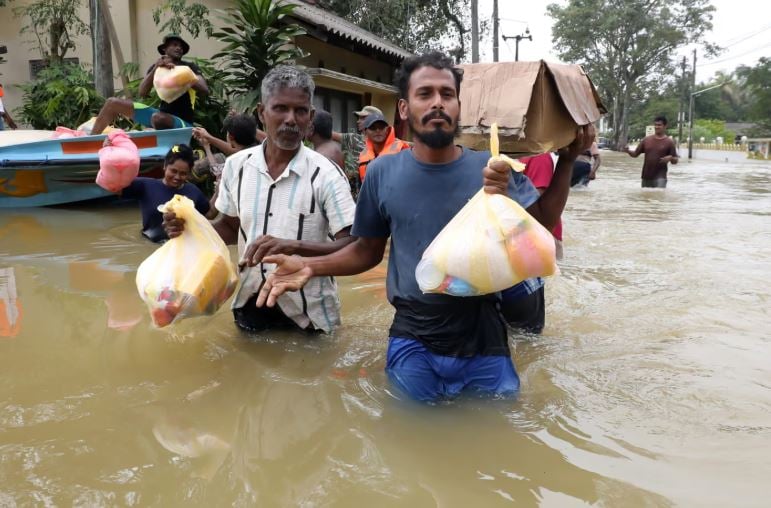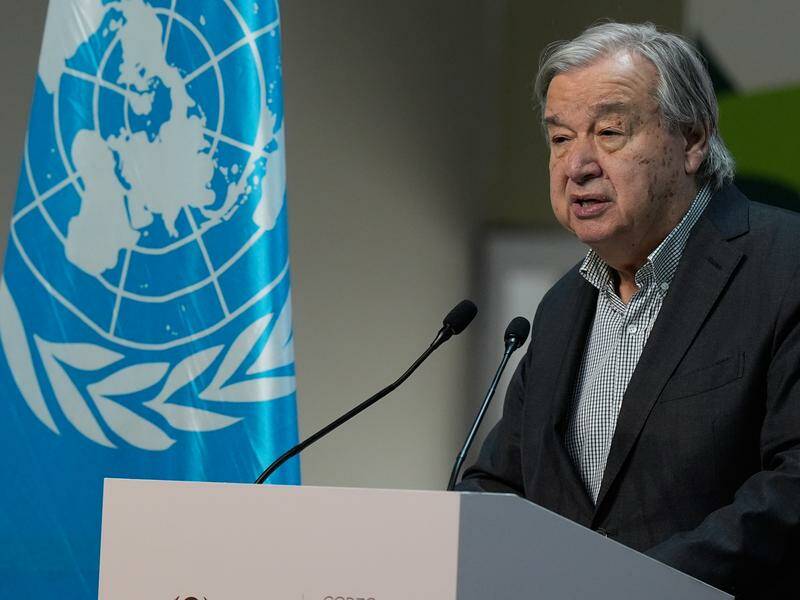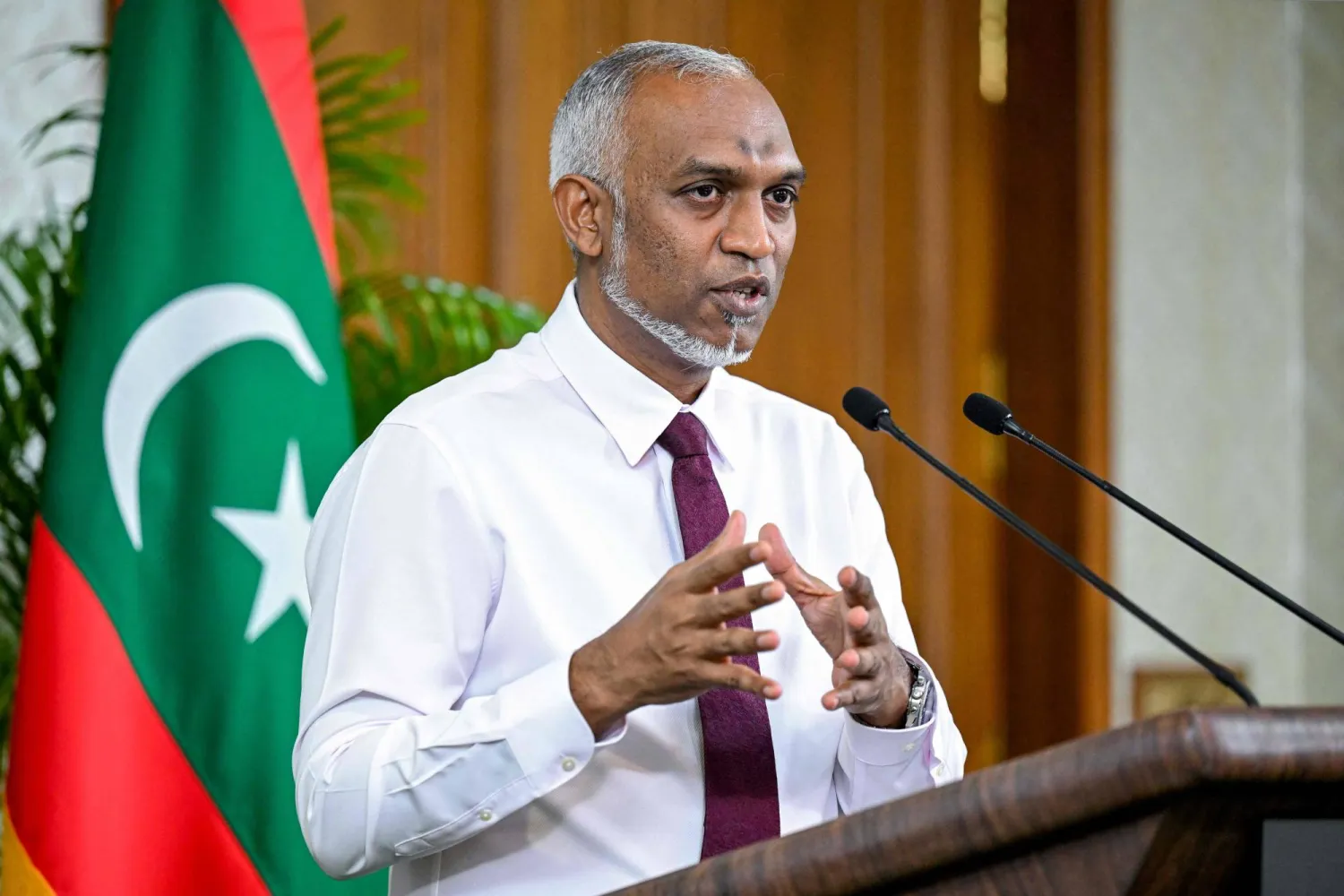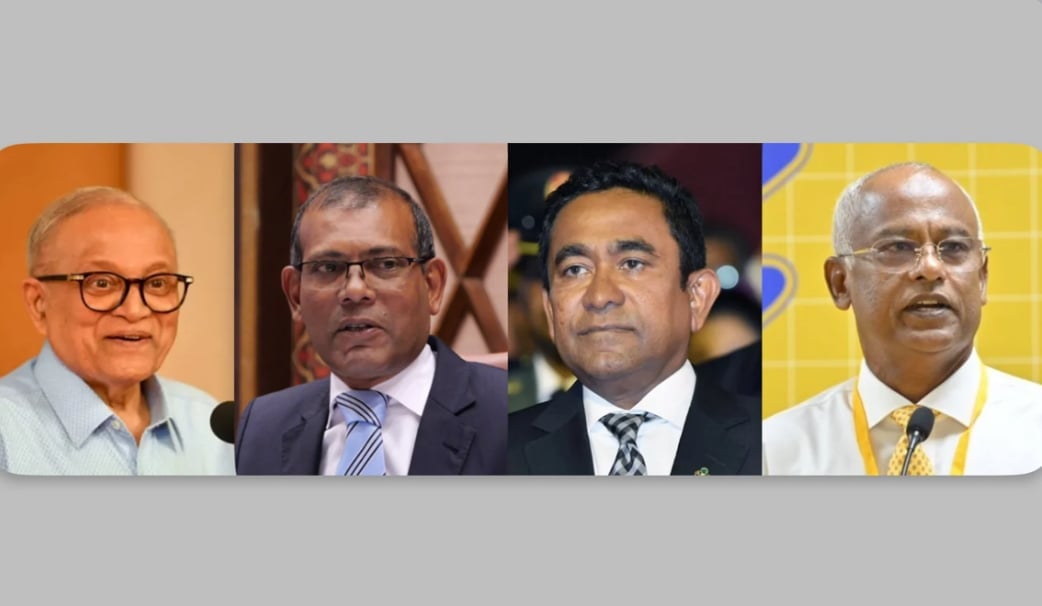India has criticized the newly adopted climate finance deal at the COP29 United Nations Climate Change Conference, describing it as inadequate and ineffective in addressing the pressing global climate crisis.
The objection was raised after the deal had already been adopted by consensus on Sunday.
Speaking during the closing plenary session, Chandni Raina, representing the Indian delegation, said, “This document is nothing more than an optical illusion. It fails to address the enormity of the challenge we all face. Therefore, we oppose its adoption.”
The finance deal, hailed by many as a critical milestone for assisting vulnerable nations in coping with climate change, has faced criticism from India for falling short in its provisions for developing nations. The country argued that wealthier nations have not committed enough resources to support global mitigation and adaptation efforts.
India’s late-stage dissent highlights ongoing tensions in international climate negotiations, particularly around the issue of equitable funding. Developing nations, including India, have consistently called for stronger commitments from developed countries to meet their financial obligations under the Paris Agreement.
The COP29 summit, held in Baku, brought together nearly 200 nations to discuss key issues such as climate finance, loss and damage, and pathways to achieving carbon neutrality. While the finance deal represents progress for some, India’s objection signals continued divisions and the need for more robust mechanisms to ensure fair and effective climate action.
As the world looks toward future climate conferences, India’s stance underscores the challenges of balancing the interests of developed and developing nations in the fight against climate change.
The objection was raised after the deal had already been adopted by consensus on Sunday.
Speaking during the closing plenary session, Chandni Raina, representing the Indian delegation, said, “This document is nothing more than an optical illusion. It fails to address the enormity of the challenge we all face. Therefore, we oppose its adoption.”
The finance deal, hailed by many as a critical milestone for assisting vulnerable nations in coping with climate change, has faced criticism from India for falling short in its provisions for developing nations. The country argued that wealthier nations have not committed enough resources to support global mitigation and adaptation efforts.
India’s late-stage dissent highlights ongoing tensions in international climate negotiations, particularly around the issue of equitable funding. Developing nations, including India, have consistently called for stronger commitments from developed countries to meet their financial obligations under the Paris Agreement.
The COP29 summit, held in Baku, brought together nearly 200 nations to discuss key issues such as climate finance, loss and damage, and pathways to achieving carbon neutrality. While the finance deal represents progress for some, India’s objection signals continued divisions and the need for more robust mechanisms to ensure fair and effective climate action.
As the world looks toward future climate conferences, India’s stance underscores the challenges of balancing the interests of developed and developing nations in the fight against climate change.





